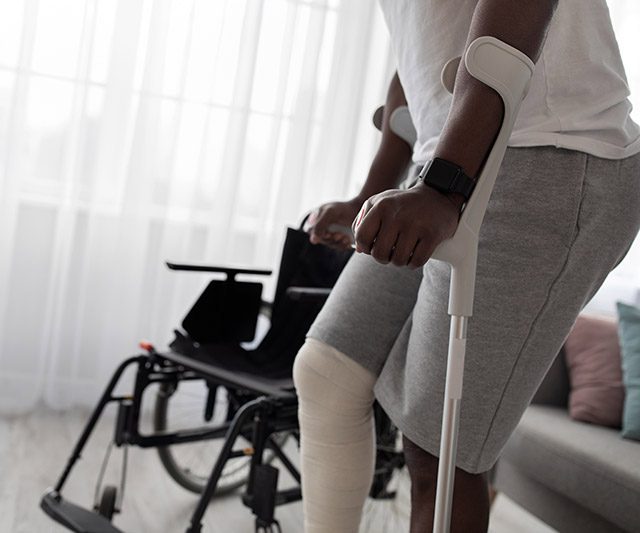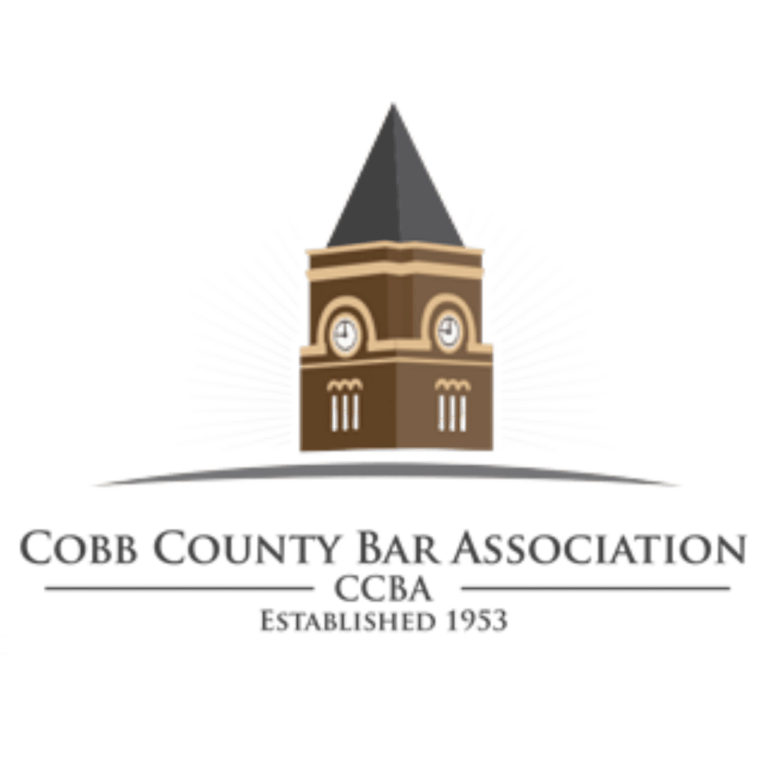If you, or someone you know, are injured while at work, you have a right to seek compensation for your injuries and should do so. However, it can be confusing to understand whether to file a Workers’ Compensation Claim or a Personal Injuries Claim. In this article, we’ll review the differences between these two legal resources and give you all the information needed if you choose to follow through with either one.

What is a Workers’ Compensation Claim?
Workers’ Compensation is a law created for employees to easily and quickly process injury claims. Worker’s Compensation Claims are usually swiftly sorted, which means you will receive payment on time. How ever, it is intended exclusively for cases with no fault. You are not suing your employer for negligence nor trying to prove anyone’s fault for your incident. By filing a workers’ compensation claim, you are giving up your ability to sue for damages or suffering caused, and any lost wages or medical bills will be covered by a workers’ compensation insurance company. To provide a clear example of a case in which one would file a workers’ comp claim: if you accidentally trip or fall while working and sustain injuries.
What is a Personal Injuries Claim?
Personal Injury claims are different from workers’ compensation claims in the sense that they are lawsuits. If you believe that you suffered injuries or damage due to someone else’s negligence, you will have to prove their fault through a personal injury lawsuit. It’s important to note that personal injury claims will most likely take much longer to solve than workers’ compensation claims, which means it could take considerably longer for you to receive financial compensation. Personal injury claims would be filed in a case with clear and gross negligence, for example, if you are required to work in a space without proper ventilation and have health issues linked to that.
Pain and Suffering Compensation Benefits
As we have already explained, workers’ compensation and personal injury claims are very different, and this also means that the benefits and compensation received for each can differ. If you file a workers’ compensation claim, you are not entitled to pain and suffering benefits. In this case, you will likely receive weekly payments for the time you aren’t able to go to work, as well as coverage for medical bills, impairment benefits, and vocational rehab.
On the other hand, a personal injury lawsuit, if won, means you are entitled to receive full compensation for all damages. This includes medical bills (both present and future), lost salary, permanent impairment, pain and suffering, among others.
The main difference between a workers’ comp claim and a personal injury claim is the need to establish fault in the second case, and the difference in benefits obtained from each one. It’s important to note that workers’ compensation laws are a fundamental right earned just over a hundred years ago, and protecting workers injured in their workplace. Before that, the only way to obtain any compensation for damage suffered was to sue their employer, and in cases where their employer had no fault, they would not receive anything.

In What Cases Can I File a Personal Injury Lawsuit?
As mentioned, personal injury claims are lawsuits. They should only be initiated in cases where you are certain intentional or unintentional negligence caused an incident in your workspace. If you are considering filing a personal injury claim, it’s important to seek guidance from a personal injury attorney who will help you make the best decisions according to your specific situation. This being said, some common workplace incidents that lead to personal injury claims include:
- Injuries caused because of your employer’s intentional negligence. In this case, the personal injury lawsuit would be against your employer.
- Injuries caused because of your employer’s unintentional gross negligence. Again, the personal injury lawsuit would, in this case, be against your employer.
- If your employer doesn’t carry workers’ compensation insurance. In this case, you could sue your employer in civil court.
However, personal injury claims apply to more areas than just workplace incidents. A personal injury claim can be made where an individual has suffered consequences from another party’s negligence, malpractice, or intentional malice and wrongdoing. Other situations that could lead to a personal injury lawsuit include:
- Injuries caused by defective products. You can potentially sue manufacturers of the product that caused an injury.
- Injuries due to contact with a toxic substance. If there is no clear identification of the product’s toxicity, you can sue the manufacturer of this substance.
- Material damage caused by another party (car accidents, violent behavior, etc.)
- Injuries caused by a third party. If you have proof of their fault, you might be able to file a personal injury lawsuit against that person.
When to Call a Personal Injury Lawyer
It can be intimidating to face the process of dealing with the aftermath of a work accident. Aside from the physical and economic injuries suffered, having to enter the legal process of suing another person can be stress-inducing at the very least. This is why making the process as stress-free as possible is so important. Having a trustworthy team of attorneys with experience in Personal Injury lawsuits can bring peace of mind and help you understand the best steps to take. If you have suffered workplace injuries due to intentional or unintentional negligence from your employer or another party, you have a right to obtain compensation for your pain.
Cobb Personal Injury has years of experience in the field, and we are available at any time to listen to you and walk you through the difficult process you are facing.





